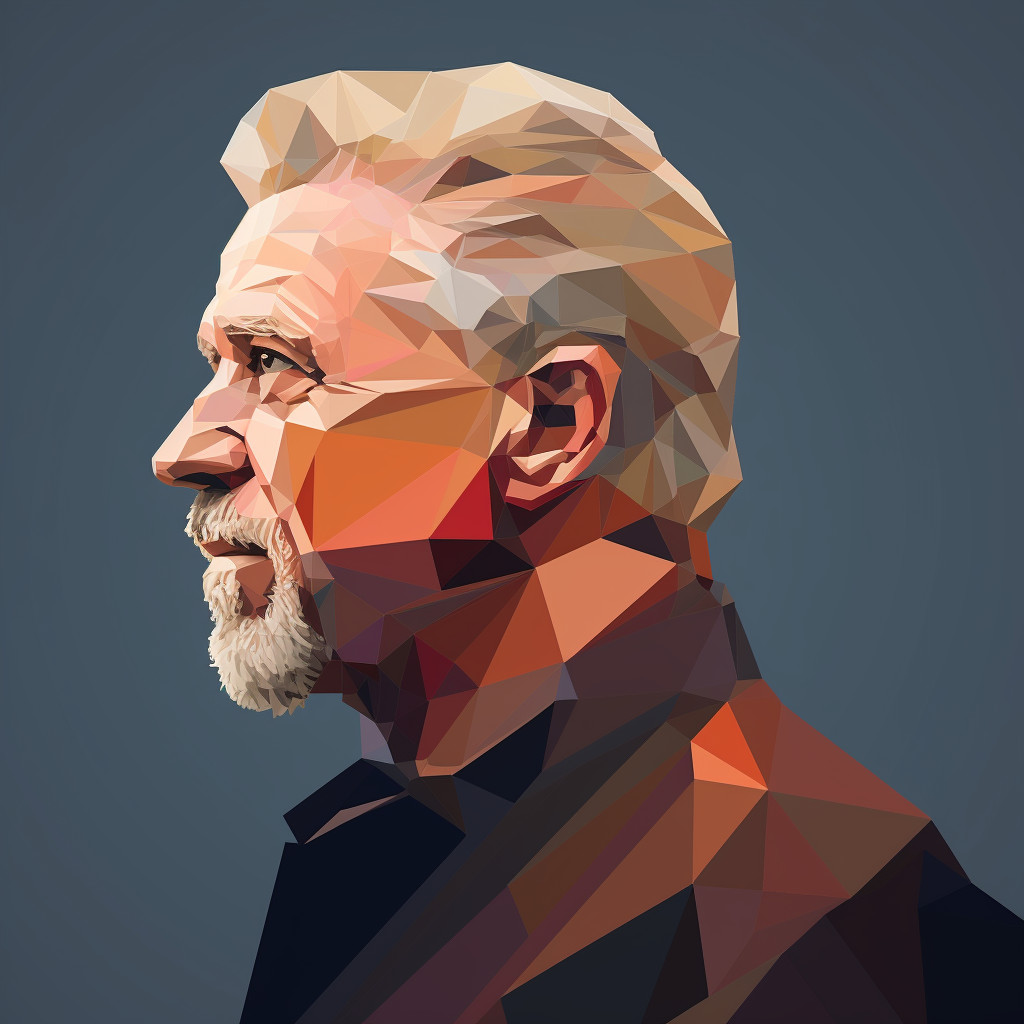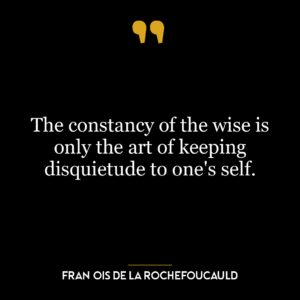The quote ”Great leaders always have self-discipline -without exception.” emphasizes the importance of self-discipline in leadership. Self-discipline, in this context, refers to the ability of a leader to control their feelings, emotions and behavior, and to consistently follow through on what needs to be done regardless of their personal desires or circumstances. It encompasses the leader’s ability to set their sights on a long-term goal and work tirelessly towards it, even when faced with setbacks or challenges.
This principle is essential because leadership often requires making tough decisions that may not be popular or immediately gratifying. It requires the ability to resist short-term temptations in favor of long-term gains. Without self-discipline, leaders may be swayed by personal interests, immediate gratification, or popular opinion, which could lead to inconsistent decision-making and a lack of trust among their followers.
In today’s fast-paced and constantly changing world, self-discipline is more important than ever for leaders. With the rise of social media and the 24-hour news cycle, leaders are under constant scrutiny and pressure to react quickly to events. Self-discipline helps them to stay focused on their goals and values, and not be swayed by every trend or crisis that comes along.
Moreover, in the realm of personal development, self-discipline is a crucial trait for anyone who aspires to be a leader or to achieve significant goals. It is the ability to keep going, to maintain focus and to persevere, even when the going gets tough. It is what enables us to get up early to exercise, to say no to distractions, to study when we’d rather be relaxing, and to save money when we’d rather be spending it. In essence, self-discipline is what propels us towards our goals, and without it, we are likely to falter and lose our way.











